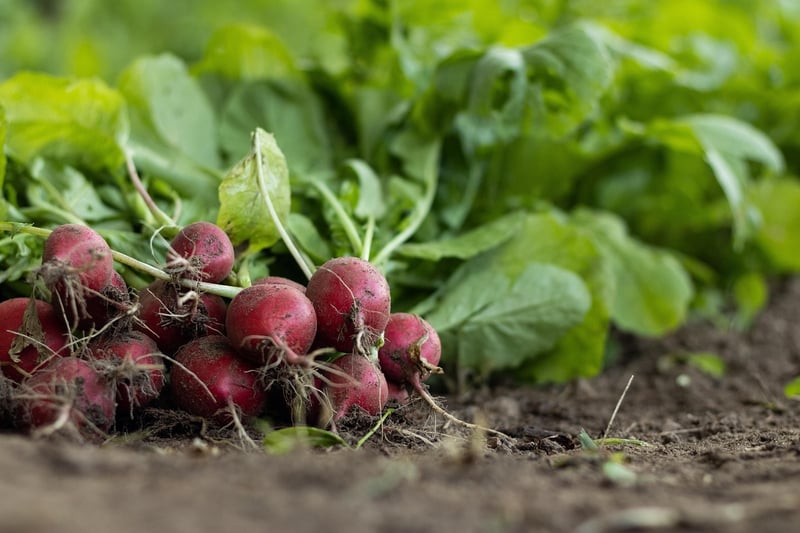Companion Planting
Protecting Your Urban Garden with Companion Planting
Urban gardening is a rewarding activity that allows you to connect with nature, grow your food, and beautify your surroundings. However, maintaining a healthy garden in an urban environment can come with its challenges, such as pests and limited space. One effective and natural way to protect your urban garden is through companion planting.
What is Companion Planting?
Companion planting is the practice of growing different plants together to achieve specific benefits. These benefits can include pest control, pollination, maximizing space, and improving flavor. By strategically pairing certain plants, you can create a harmonious ecosystem that supports the overall health of your garden.
Benefits of Companion Planting
- Natural Pest Control: Some plants repel pests, while others attract beneficial insects that prey on garden pests. By planting these companions together, you can reduce the need for chemical pesticides.
- Improved Soil Health: Certain plant combinations can enhance soil fertility by fixing nitrogen or deterring soil-borne diseases.
- Space Optimization: Companion planting allows you to make the most of limited space by pairing plants that complement each other's growth habits.
- Enhanced Flavor: Some plant combinations can enhance the flavor of neighboring crops, making your harvest more delicious.
Common Companion Planting Combinations
Here are some popular companion planting combinations that can help protect your urban garden:
- Tomatoes and Basil: Basil repels pests that can damage tomato plants, while tomatoes enhance the flavor of basil.
- Marigolds and Vegetables: Marigolds deter nematodes and other harmful insects, making them ideal companions for a variety of vegetables.
- Cucumbers and Dill: Dill attracts beneficial insects that prey on cucumber pests, protecting your cucumber plants naturally.
- Beans and Corn: Corn provides support for climbing beans, while beans fix nitrogen in the soil, benefiting the corn plants.
Get Started with Companion Planting
If you're ready to protect your urban garden through companion planting, start by researching plant combinations that suit your garden's needs. Consider factors such as sunlight requirements, soil preferences, and growth habits when selecting companion plants. Experiment with different combinations to see what works best for your garden.
Companion planting is a sustainable and eco-friendly way to safeguard your urban garden while promoting biodiversity and overall garden health. By harnessing the power of plant relationships, you can create a thriving and balanced garden oasis in the heart of the city.

Happy gardening!
